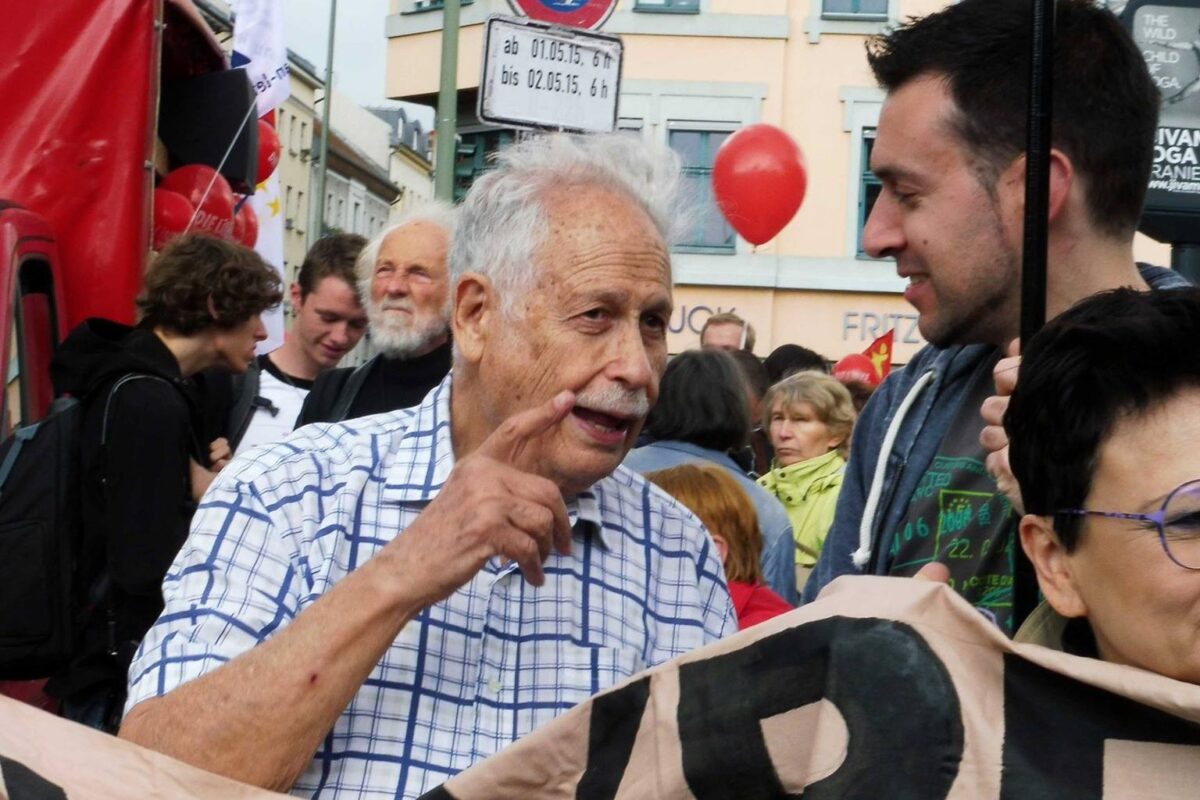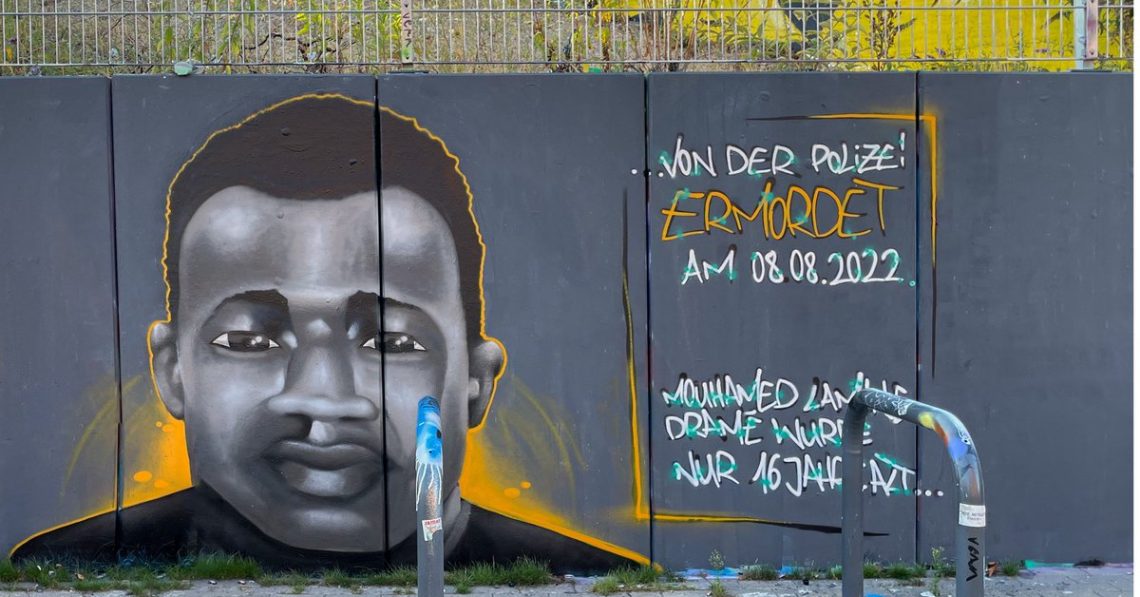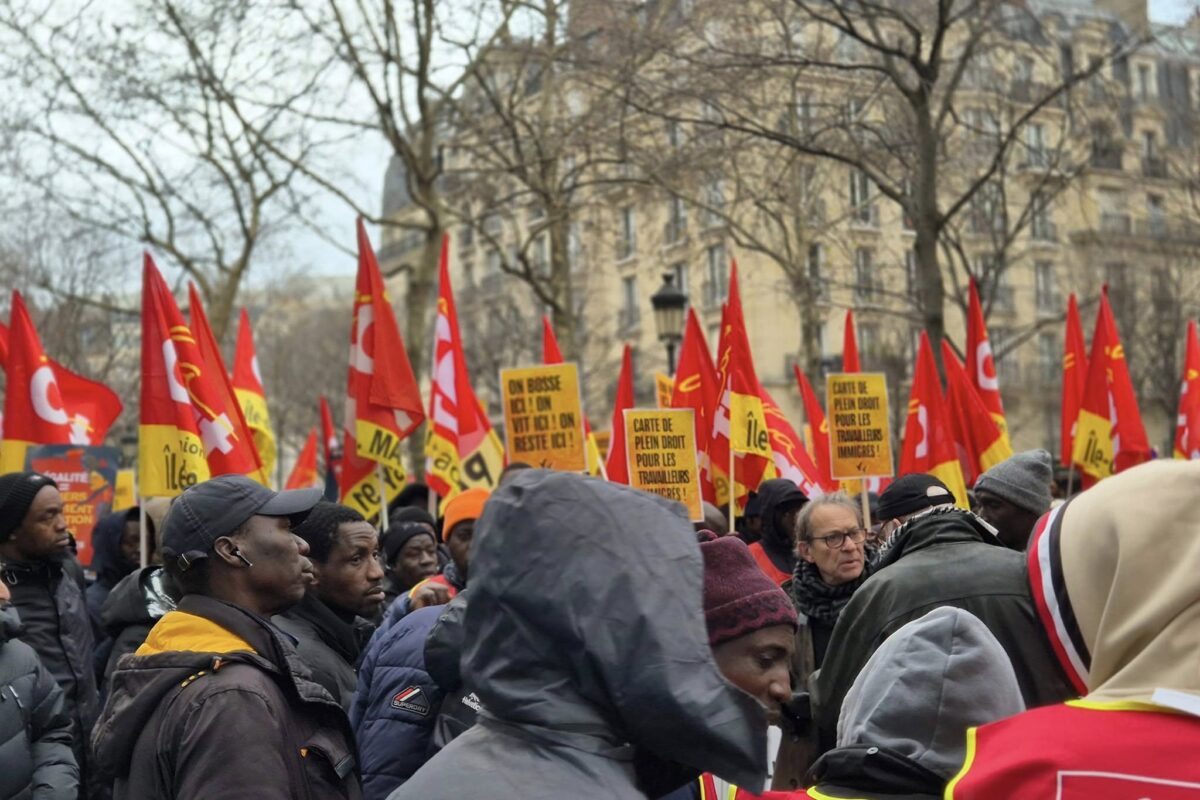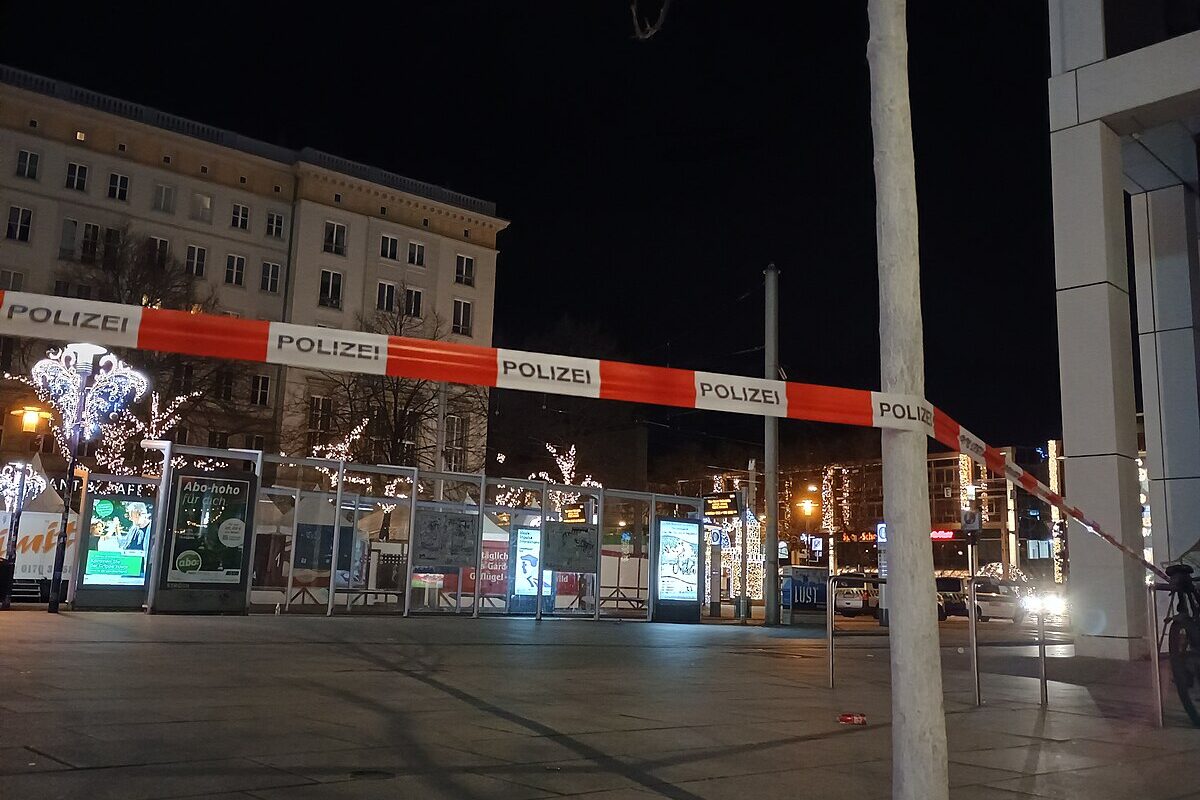It’s that time again, a time to look forward but also, for an old geezer like me to look backward. Still 96 until March, I can permit myself some retrospection (if those two digits were only reversed and embodied, it might well have been greatly preferable).
Wot-the-hell, why shouldn’t I review the many happenings I observed or was part of – the worst of them, luckily, from a distance. They are a precis of my “Crossing the River” or “A Socialist Defector”.
I’m old enough to remember, just barely, the Great Depression: lines of shabby men waiting for free soup, better-dressed men selling apples on streetcorners, miles of evil-smelling, self-made shacks in a Hooverville near Newark.
A few years later, with my cousin at Times Square, I recall collecting money to “Save Madrid!” While admiring the Soviets for trying to help do just that, with only Mexico for two years against all the other countries. And, also bypassing the Depression, by building the giant Dnepropetrovsk dam and the model Moscow marble subway stations at New York’s World Fair.
In February 1937 I recall the movie newsreel with happy, unshaven sit-down strikers at GM in Flint, waving from the factory windows in a dramatic Communist-led victory which changed the USA.
And, in a friendly teacher’s room in September 1938, I recall hearing Hitler boast of seizing much of Czechoslovakia, with British and French compliance – and the tears of my Czech classmate Natalie.
A year later, as the only lefty in my class at posh Dalton School, I did my 11-year-old best to convince classmates that Stalin had to sign the pact with Hitler to avoid being hit from all sides; Japan in the East, Germany in the West, with the acquiescence of Chamberlain and Daladier as in Spain and Munich, hoping they might wreck each other. “The USSR needs time to strengthen its defenses.”
I triumphed later when Pete Seeger, in one of his first concerts, had all the kids singing leftwing, CIO songs.
June 1941, when the Wehrmacht stormed in, I felt sure the great USSR would smash them. It did, but only after years of sacrifice and slaughter, perhaps 27 million dead, untold destruction. While we in safe but darkened, rationed New York felt deep fear – and then enthusiasm as the tide turned.
Saddened and worried by the death of the only president I had ever known, I rejoiced at the photo of the GI-Red Army handshake on a broken Elbe bridge. Not dreaming that, 25 years later, I would be commemorating that event at the bridge at Torgau.
Grateful that V-E Day against Germany and V-J Day against Japan saved me, at 17, from the draft and the war. And grateful to avoid my cousin Jerry’s fate , taken prisoner at the Battle of the Bulge who, being Jewish, slaved till his death in a Buchenwald outlier camp in Thuringia.
Spurred by Hiroshima-Nagasaki, post-war racist lynching and a big CIO strike offensive, I helped build a Communist Party branch at Harvard. Covert in name but active against Jim Crow and in “Win the Peace” actions, like our anti-atomic weapons parade through staid Harvard Yard.
In the summer of 1946, in a lone hitchhike to California and back, I got to know more of my country’s many beauties – and many problems.
I had a trip through France and wrecked Germany. I spent six wonderful weeks at the first World Youth Festival in Prague (1947), with anti-fascist partisan veterans from Europe, freedom fighters from Greece, Vietnam, Burma, Africa, and new friends from Tirana, Bucharest, Moscow, Capetown, Prague. I shared with thousands my hopes for a new-born world.
The glorious Henry Wallace/Progressive Party campaign in 1948 foudnd me collecting ballot signatures. I got to know leftist Italian, Armenian and Greek communities. Then came a bitterly-upsetting trip to North Carolina, meeting folks in neighboring – but divided – Black and White poverty and misery.
Then, at a last Wallace rally in Boston, joining to cheer Paul Robeson’s moving call, voicing our hopes, for socialism in America. And then the disastrous election defeat, breaking all our hearts.
During the campaign, I demonstrated against the draft despite a media-inspired barrage of eggs and tomatoes, a chipped tooth (with police acquiescence) and several hours in jail and in court.
Despite my diploma and my mother, I decided to join the labor movement as a laborer in Buffalo. I achieved little but learned a lot about fellow Americans. There was a daily class conflict at every work bench, with rising militancy for a better contract broken by a corrupt union leadership.
I found a “home away from home” with the Lumpkin family in the Black ghetto. I learned of hardship, joblessness, dope troubles and police violence. Witnessing one of the family being beaten and almost shot while protesting Jim Crow discrimination at the Canada beach trip pier.
I was at the great outdoor concert with Paul Robeson in Peekskill in 1949, part of a crowd of 20,000. The state police forced us to leave through a woodland sideroad, past a gauntlet lined with fascist gangs with piles of stones, who broke every window in all the busses – and blamed it on Robeson. This was a final attempt to save the labor-left-wing from the 1930s. But it was smashed by the McCarthys at home and the Dulles-monopoly forces in foreign policy – and ten tough years of fear, imprisonment and aggression.
When the Korean War began in 1950 the draft, which I had marched against, was re-started, and this time I was eligible. After arriving at the Army base in January 1951 we had to sign a pledge of our political virginity. But the new McCarran Act required every member of a leftist “front” to register as a “foreign agent” or face five years for every day of not signing. Nobody obeyed this nonsense, but I feared its threat, having been in organizations like the Young Progressives, American Labor Party, Spanish Relief, Southern Negro Conference and Communist Party! So I lied and signed, hoping that if I kept my nose clean and my mouth shut I might outlast the two years with no checkup. At first I had huge luck, getting sent to Bavaria not Korea.
I tried to conform. A few times on weekend pass, I joined leftist youth in Stuttgart for a meeting marking Women’s Day, spent a short weekend with an old comrade from Harvard who had married and moved to Vienna, and had a long talk in a leftist bookshop in Copenhagen with a woman who had dared to bring anti-Nazi leaflets into soldiers’ bars in occupied Copenhagen. While in Tivoli Park, I met and fell in love with a perky, pretty young Danish woman.
But they caught up with me. Perhaps a denunciation to the FBI by a fellow-student at Harvard? I was ordered me to appear before a military judge the following Monday. I knew that perjury such as mine could get me up to $10,000 and five years at Leavenworth. But I had five days left!
I destroyed all my mail and two leftwing books I bought in Copenhagen. Then I ate lunch, packed some cigarette cartons for trading, took the train from Nuremberg to Salzburg, and crossed into Austria with a forged three-day pass. I got to Linz where, after a desperate search and an exhausted nap in the woods, I swam across the Danube River from the USA-Zone and, shoeless and disheveled, tried to find the Soviet Army HQ on the other side. I couldn’t, but the Austrian policeman who picked me up could. The friendly but reserved officer, sent me to Soviet HQ in Austria near Vienna. There I spent two weeks in a cellar cell, under guard, and read twice through their only English books – “The History of Scotland” and “Sister Carrie”.
After an unusual drive with Red Army guards, with a picnic breakfast I was taken for two months to luxurious, isolated quarters in ruined Potsdam. I got a new name, which I had asked for but had failed to think up for myself. Then I landed in town of Bautzen, with 30-40 other deserters from six Western countries. I fought to better my German, learned to work a lathe and had the supreme luck of meeting my life-time wife and love, Renate, and her village family, which now became my own as well. All genuine anti-Nazis!
In 1954 I was admitted to the Journalism School of re-named Karl-Marx-University in Leipzig (founded 1409). Four years of learning followed: German history and literature, some Russian, shorthand, journalism, but mainly the GDR lay of the land. Valuable sidelights: the students’ weeks helping new cooperative farms with potato harvests and weeding sugar beets or fixing tracks in immense open pit lignite mines.
A sudden shock in 1956; the Khrushchev speech about the crimes under Stalin. It caused hours, weeks and years of regrets and new thinking. But retaining gratitude for the efforts and sacrifices of millions in the USSR, above all 1917-1921 and 1941-1945 – with renewed hopes for a world without billionaires, profit-takers or the resulting poverty and war.
My major events: Marriage, honeymoon, first son Thomas and the move to Berlin – in that order.
Four jobs in East Berlin: with Seven Seas English-language book publisher Gertrude Heym – wife of the author Stefan Heym. I became assistant to John Peet, former Reuters ace and Spanish Civil War vet. His bi-weekly Democratic German Report positively reported on the GDR while exposing former Nazis on all levels of West German society and government. I learnt journalism from an expert. I was luckily unaffected personally by the new Berlin Wall and its years of grave problems. Then were three years with the North America shortwave section of Radio Berlin International. I spent 1965-1968 building up a Paul and Eslanda Robeson Archive at the GDR’s Academy of Arts.
I always got along with colleagues, but never with bosses. So it was a life-prolonging event when, at 40, I became a free-lance journalist, occasional English teacher to scientists, film sub-titler but above all speaker about USA developments. With my humor and avoiding polite-jargon, and criticism of much GDR media-coverage I made some people angry. But I somehow had a “jester’s license” and abundant gigs all over the GDR in all kinds of milieu.
But after the flourishing 1960s-1970s I watched the GDR sliding into the exit ramp. It was lamed by aged, out-of-touch leaders and pressures from the USSR. Above all, it was hit unceasingly by two of the wealthiest economies in the world and their masterful spin doctors every evening in TV. Like Fox!
I was happy that the Wall barrier separating families and friends was gone. But very bitter about the swift, total colonization of what I still see as a noble experiment. Like perhaps no other country, it almost completely abolished poverty, evictions and homelessness, payment for medicine, health care, child care, abortion, all education levels while keeping prices on rent, carfare, food staples and necessities to a bare minimum. I also saw and despaired the bad sides, but where are they absent?
In 1994 I was finally able to visit my homeland with my wife, after a short painless briefing at Fort Dix. It was not so very different from 43 years earlier. So much was so very beautiful. I met so many good people (especially the brave ones on “my side“ of still existent barricades), I loved Central Park with its Ramble full of old bird friends, and the green High Line on a dismantled elevated train section. I wondered at endless shelves of toothpaste brands, cereals, cheeses, vegetables, fruits and so many goodies. But then the shocks: the homeless sleepers on park benches around Central Park, the man sleeping in a cardboard box a block from UN HQ , the sad old ladies with all their earthly belongings in a shopping cart. And the price of a dental treatment or a one-night checkup in a hospital – price: $5000.
On later trips: I always had trouble with turnstiles and hideous subway stations. I was unhappy about the super-commercialization of Times Square and its painted, living statues and stupidly costumed photo-beggars my heart was moved by what still was my old home-town. But not enough to counteract a feeling of relief after my return to my slower, quieter, even sleepier Karl-Marx-Allee boulevard in Berlin. I have two contrasting home towns.
Unhappily, I see great problems for both of them, and also for the countries and continents around them. I see a growing gap between rich and poor, and if theories of cyclical crises again prove correct, an economic depression ahead, conceivably worse than ever before. Certainly they all face seeming inevitable ecological disaster. And far worse and closer, though amazingly ignored, I see the menace of annihilating war, even atomic war. With all three menaces I see the rapid growth of the bloodiest elements of repression – modern forms of fascism – already gaining strength in many countries.
Behind every one of these menaces I see a limited group of billionaires, sometimes rivals but united in hope of controlling not half the world’s fortune but all of it. They determine the direction of every government no matter what its changes and overturns. Clusters of three, six, eight conglomerates now dominate almost every field of human endeavor in this world. And they want it all!
Some names are symbols: Musk, Bezos, Gates, Soros, Murdock, Springer, Zuckerberg, Disney. But the empires expand with changing personnel: Merck, Pfizer, Purdue, Coca Cola, McDonalds, Mobil, BP, Daimler, Toyota, VW, Cargill, Unilever, Amazon, Meta, Vanguard, Blackstone… Most dangerous are such as Lockheed Martin, Northrup Grumman, Rheinmetall, Krupp-Thyssen… New names show up, but a handful dominates each field – and seeks conquests and expansion. And all are absolutely merciless in their greed, inhumanity and pressure for expansion!
The world must rid itself of these infections! That is its chance! So I rejoice at every sign of working people’s rebelliousness. Against Amazon, Starbucks, VW, outside South Korean and Parisian parliaments, surrounding Trafalgar Square, against French barracks in Niger and Mali… I hearten to see courageous students at Harvard, UCLA, at Humbold U. and FU here in Berlin, daring to protest genocide and its suppliers. Can the majorities resist oppression? Can they join hands, regain peace, defying media demagogues, tear gas, water cannon and far worse?
What will the future hold? I won’t see all too much of it. But I can be grateful. Aside from losing my Renate far too early, I’ve been lucky to have had a good, always interesting life, spared from want and disaster but witness to amazing slices of the world and its history.
And I still retain sparks of hope that 2025 will not see more gains for the biblical Four Horsemen – War, Pestilence, Famine and Devastation – but rather more struggle, at least a little forward and upward motion. I’ll do the very little I can in that direction as long as I can. Inshallah!
Best wishes to all of you – for good food, good drink, good books, good times and good health – and peace to all of you in 2025. Keep kicking!
Shalom! As-salaam alaikum! No pasarán! Pasaremos!
Victor – or Steve victorgrossmansberlinbulletin.wordpress.com




